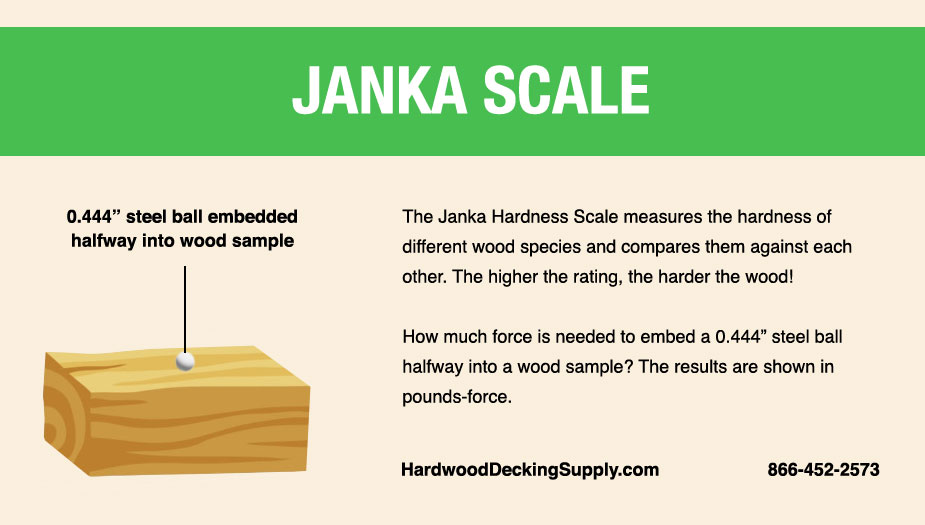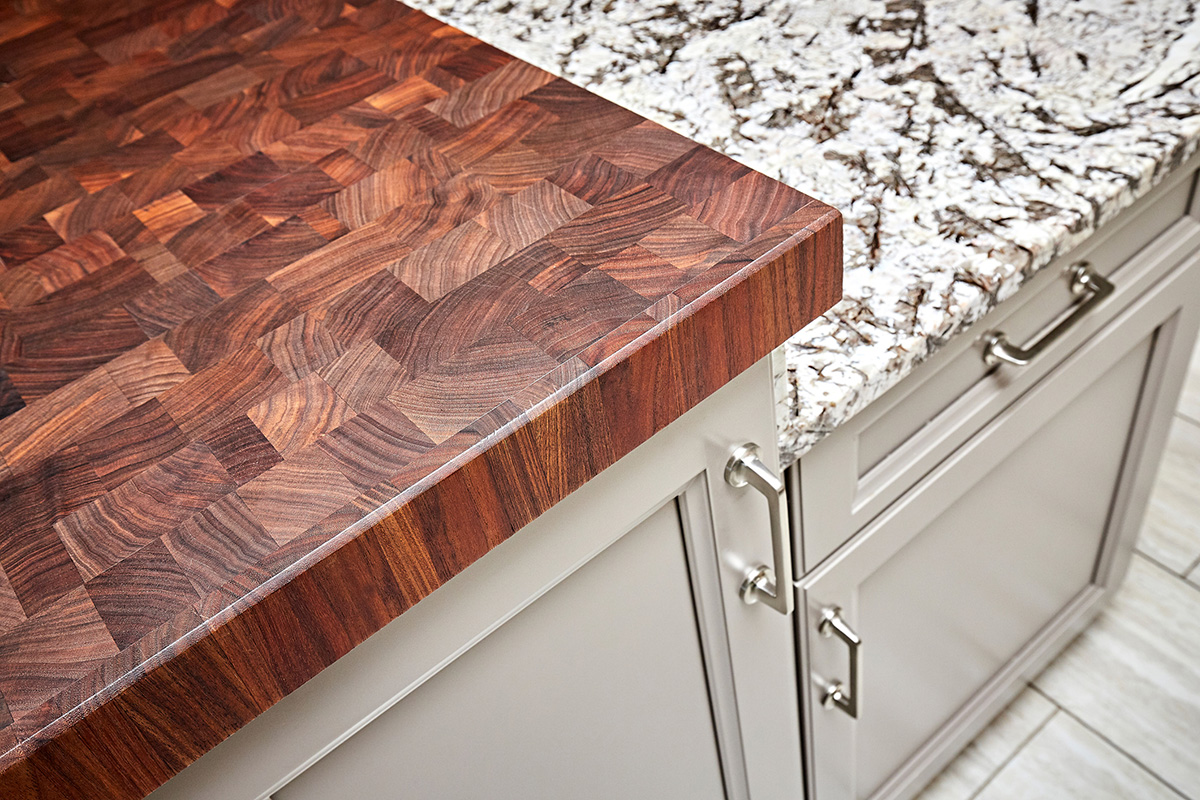The Many Benefits of Hardwood Kitchen Countertops
Tropical hardwoods have many uses, from decks to fences to furniture. But have you ever considered using these beautiful, durable woods for a kitchen countertop? Before you start worrying about scratches and water damage, remember that we’re talking about tropical hardwoods, not something like balsa! If you’re interested in creating a trendy yet timeless kitchen, read on to learn more.
The Basics of Hardwood Countertops
Let’s start at the beginning. Wood countertops, which have been in use since at least the 1800s, have historically been prized for their durability and beauty. Materials such as laminate, ceramic tile, and metal became more popular after World War II, and while granite and marble have been the norm for the last few decades, wood has recently experienced a bit of a resurgence in popularity. The reason is simple – wood is beautiful! It adds a lovely warmth to a kitchen and is an unexpected material after years of nothing but granite.
When choosing a wood for a countertop, the two most important considerations are the wood’s aesthetics, which include graining and tone, and its hardness. While beauty is subjective, hardness is not! Wood hardness is measured on the Janka Hardness Scale, where the higher a wood scores, the harder it is. Typically, species like birch, bamboo, cherry, and walnut have been popular but tropical hardwoods are outstanding in this application due to their moisture resistance and durability.

Construction of Wood Countertops
Wood countertops can be created in a number of ways. The four most common methods are:
Face grain
In this method, the boards are placed flat and the widest part is faced up, providing a sophisticated, clean look. You can choose from continuous (where the board runs the length of the counter) or jointed (where smaller boards are aligned in a parquet pattern) strips.
End grain
In this checkerboard layout, squares of wood are arranged vertically so that the ends are facing up.
Edge grain
Boards are laid together and joined with the edges facing up. Another term for this method is butcher block, as it’s commonly used for food prep and a cutting surface. In this method, you can also choose between continuous or jointed strips.

Blended
This method uses a variety of the above options to create a unique look that best fits with the homeowner’s needs and the specific space.
Benefits of Tropical Hardwood Countertops
Hardwood countertops are a stunning addition to today’s kitchens. Thanks to the powerful properties of tropical hardwoods, not only will your countertop look beautiful, but its performance will exceed any expectations.
Natural Beauty
More and more homeowners are looking to cut out synthetic materials in their homes and surround themselves with items found in nature. Wood, a warm and inviting medium, is a perfect way to incorporate the natural world. Plus, the colors and grain of tropical hardwood species are famously beautiful. Here are a few of our favorites!
- South Pacific redwood: With hues ranging from lush mahogany red to deep reddish-brown, this species is a showstopper when paired with the white cabinetry of a farmhouse kitchen or the sleek sophistication of a modern kitchen.
- Ipe: Ipe’s rich dark brown color would be right at home in a warm but minimalist Scandinavian-style kitchen. Or consider it in an Old World kitchen, filled with rustic charm and hand-crafted details.
- Tigerwood: Imagine this golden wood’s dramatic black and brown stripes in an eclectic, personality-filled Boho kitchen. Tigerwood would also look great in a functional and friendly contemporary kitchen.
Exceptional Strength
All of our tropical hardwoods are incredibly strong and durable so they’re perfect for kitchen countertops. While domestic wood species may be susceptible to scratches and dings, our woods can handle a lot. With hardness ranging from 1,600 to 3,680 on the Janka Hardness Scale, these species aren’t easily scratched or damaged. Plus, tropical hardwoods are resistant to mold, mildew, pests, and moisture…
Easy Breezy Maintenance
A tropical hardwood countertop will need regular application of a food-safe sealant but that’s about it. Clean using a nonabrasive cleanser or a homemade mix of diluted vinegar and wipe dry. And what about daily treatment? We recommend not setting hot pans directly on the wood if not absolutely necessary. Avoid letting water sit on the wood, too. While tropical hardwoods don’t need to be babied, if you want your counter to last as long as possible (which could be 30 – 50 years!), it’s better to take a few precautions.
Purchase from us today!
Our pros know tropical hardwoods. We’ve been working with ipe, tigerwood, cumaru, and more for over 25 years! We love to talk wood, so give us a call if you need tips on product selection, installation, or design. Not only can you order exactly what you need, thanks to our custom milling services, but since we purchase directly from the mill, you’ll get the best price possible.
